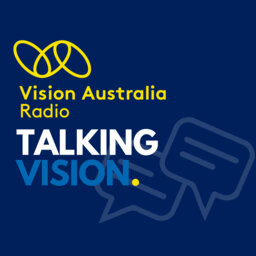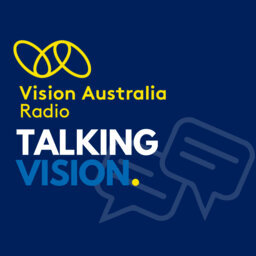Talking Vision Edition 554
Ken Brandt has led a fun and adventurous life and had a successful business career despite, or perhaps in part because of, having low vision. He recently published his book Positive Vision, he chats with Sam Colley about his decision to write the book and why he believes having low vision is no barrier to a full and rewarding life.
In 1 playlist(s)
Talking Vision by Vision Australia Radio
Vision Australia Radiothon is on now. Donate via www.varadio.org and make a tax deductible donation …Social links
Follow podcast
Recent clips

Talking Vision 815 Week Beginning 19th of January 2026
27:39

Talking Vision 814 Week Beginning 12th of January 2026
28:16

Talking Vision 813 Week Beginning 5th of January 2026
28:07
 Talking Vision by Vision Australia Radio
Talking Vision by Vision Australia Radio